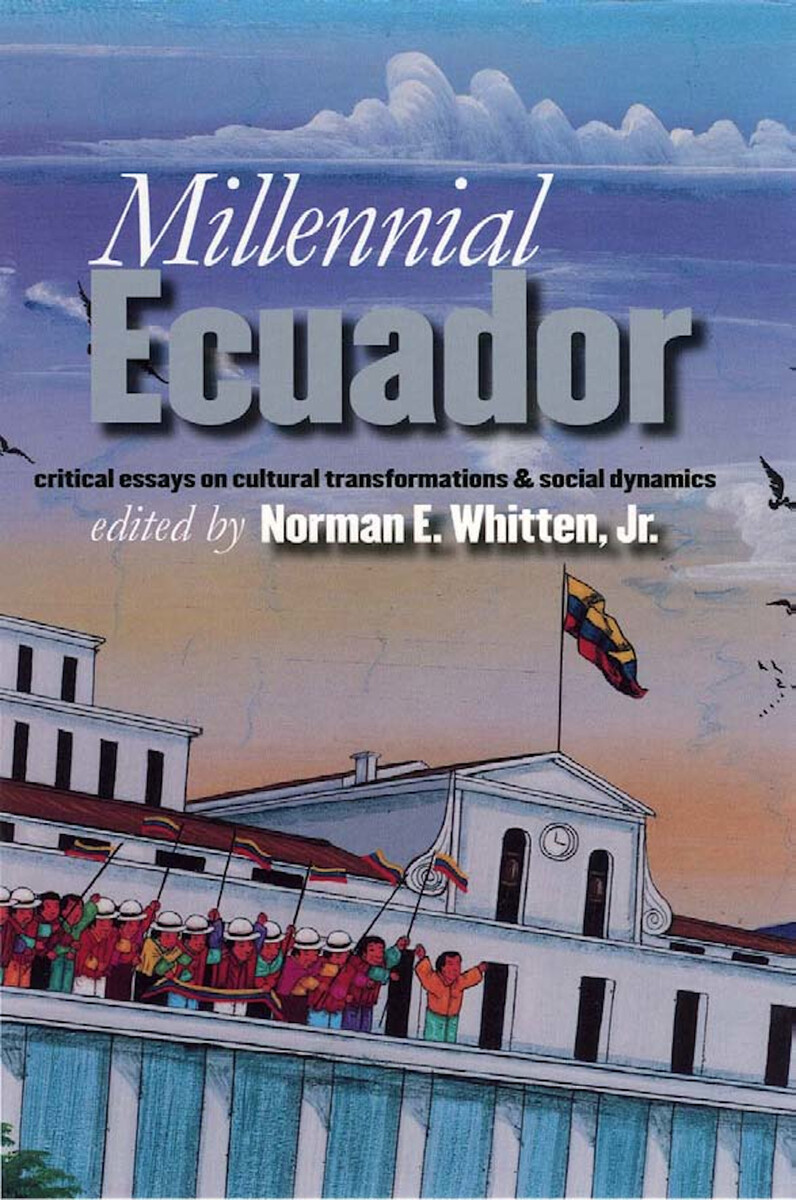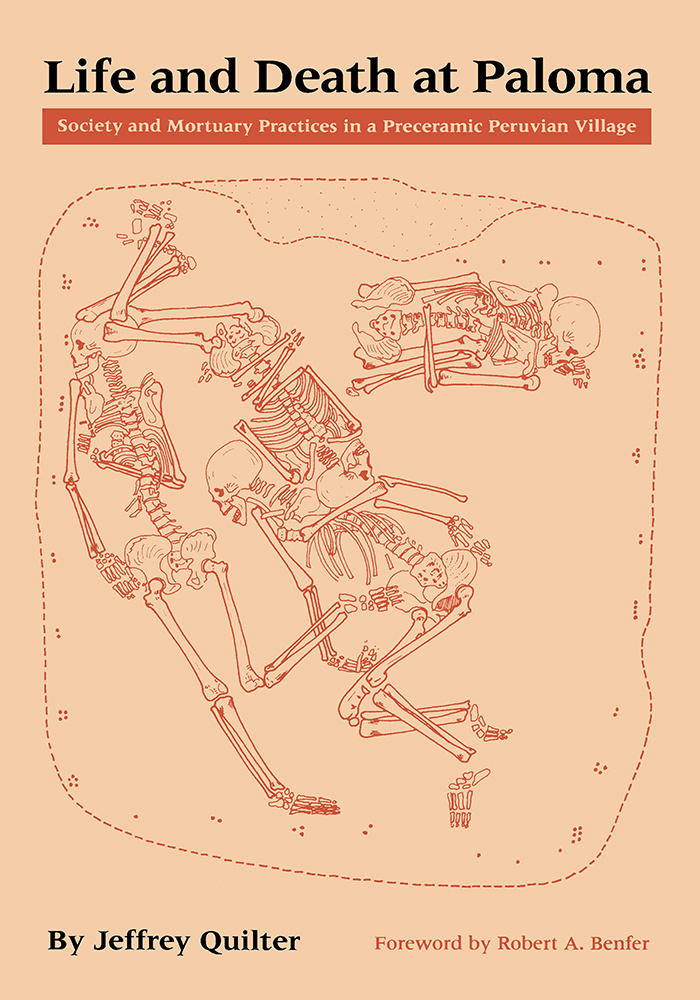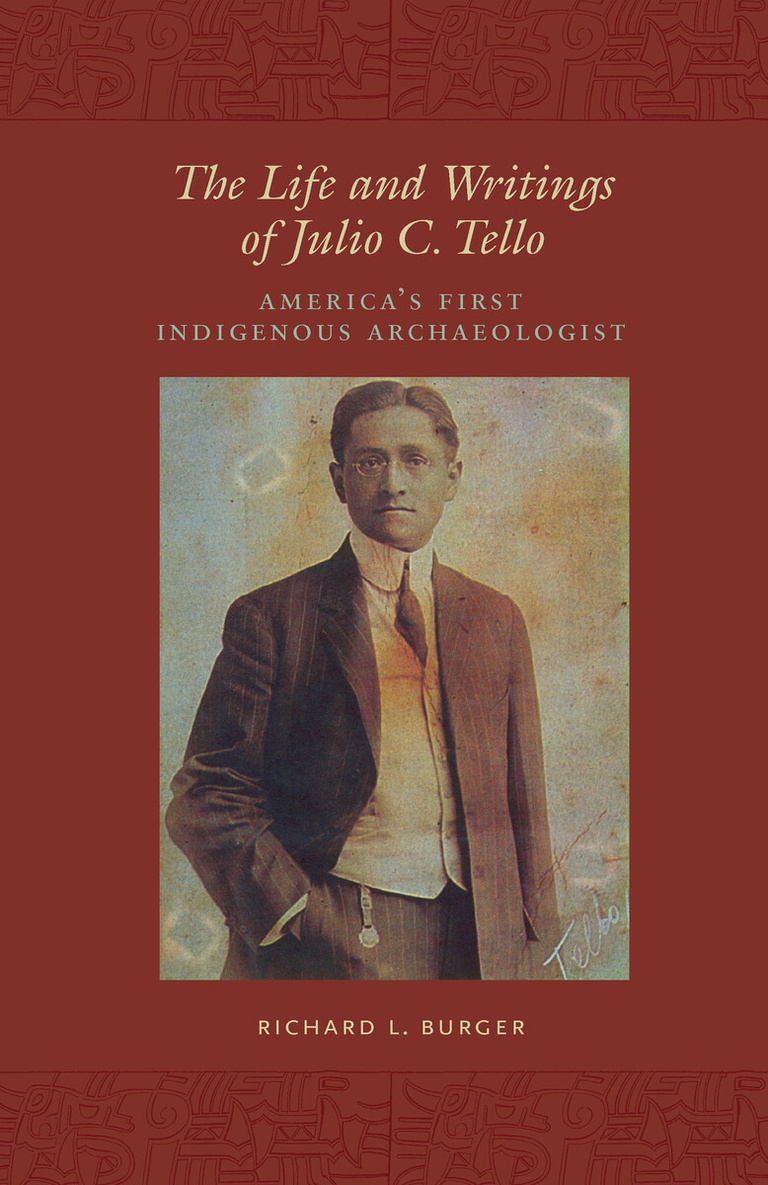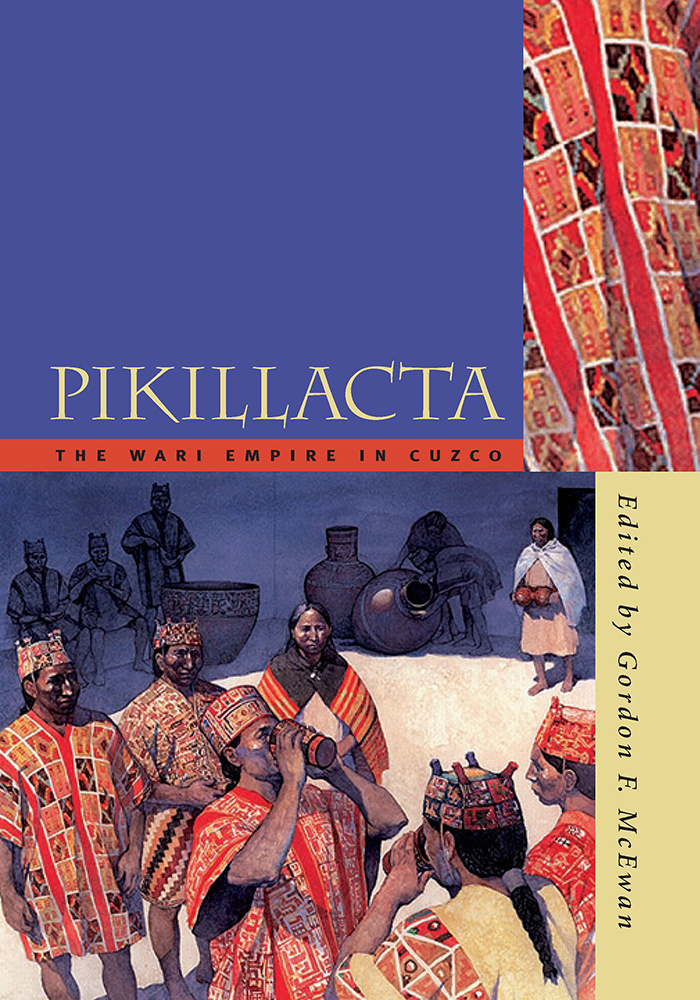In the past decade, Ecuador has seen five indigenous uprisings, the emergence of the powerful Pachakutik political movement, and the strengthening of the Confederation of Indigenous Nationalities of Ecuador and the Association of Black Ecuadorians, all of which have contributed substantially to a new constitution proclaiming the country to be “multiethnic and multicultural.” Furthermore, January 2003 saw the inauguration of a new populist president, who immediately appointed two indigenous persons to his cabinet. In this volume, eleven critical essays plus a lengthy introduction and a timely epilogue explore the multicultural forces that have allowed Ecuador's indigenous peoples to have such dramatic effects on the nation's political structure.
“Millennial Ecuador is a superb collection of essays by leading anthropoligists, historians, and indigenous intellectuals that provides a multifaceted, critical view of the social and cultural pratices of Andean, Amazonian, and Afro-Ecuadorian peoples engaged in mounting political struggles. Focusing on the clash between structural and contra-structural power, on empowerment processes of traditionally disenfranchised populations, and on multiple and competing representations of current confrontations, the book constitutes an outstanding analysis of the contradictions of modern and millennial globality of local cases.”—Fernando Santos-Granero, author of The Power of Love: The Moral Use of Knowledge amongst the Amuesha of Central Peru
Contents
Notes on Orthography, Pronunciation, and Acronymns vii
Preface and Acknowledgments ix
1. Introduction 1 - Norman E. Whitten, Jr.
2. The Modern Political Transformation of the Secoya 46 - William T. Vickers
3.HauntingthePresent:FiveColonialLegaciesfortheNewMillennium 75 - Kris Lane
4. The Catholic Church, Ritual, and Power in Salasaca 102 - Rachel Corr
5. Purgatory, Protestantism, and Peonage: Napo Runa Evangelicals and the Domestication of the Masculine Will 129 - Michael A. Uzendoski
6. The Devil and Development in Esmeraldas: Cosmology as a System of Critical Thought 154 - Diego Quiroga
7. Return of the Yumbo: The Caminata from Amazonia to Andean Quito 184 - Norman E. Whitten, Jr., Dorothea Scott Whitten, and Alfonso Chango
8. Indigenous Destiny in Indigenous Hands 216 - Luis Macas, Linda Belote, and Jim Belote
9. Actors and Artists from Amazonia and the Andes 242 - Dorothea Scott Whitten
10. Tigua Migrant Communities and the Possibilities for Autonomy among Urban Indígenas 275 - Rudi Colloredo-Mansfeld
11. Racist Stereotypes and the Embodiment of Blackness: Some Narratives of Female Sexuality in Quito 296 - Jean Muteba Rahier
12. Mothers of the Patria: La Chola Cuencana and La Mama Negra 325 - Mary J. Weismantel
13. Epilogue 355 - Norman E. Whitten, Jr.
Appendix: General Information on Ecuador 375 - Michelle Wibbelsman
Glossary 389
Contributors 399
Index 403



